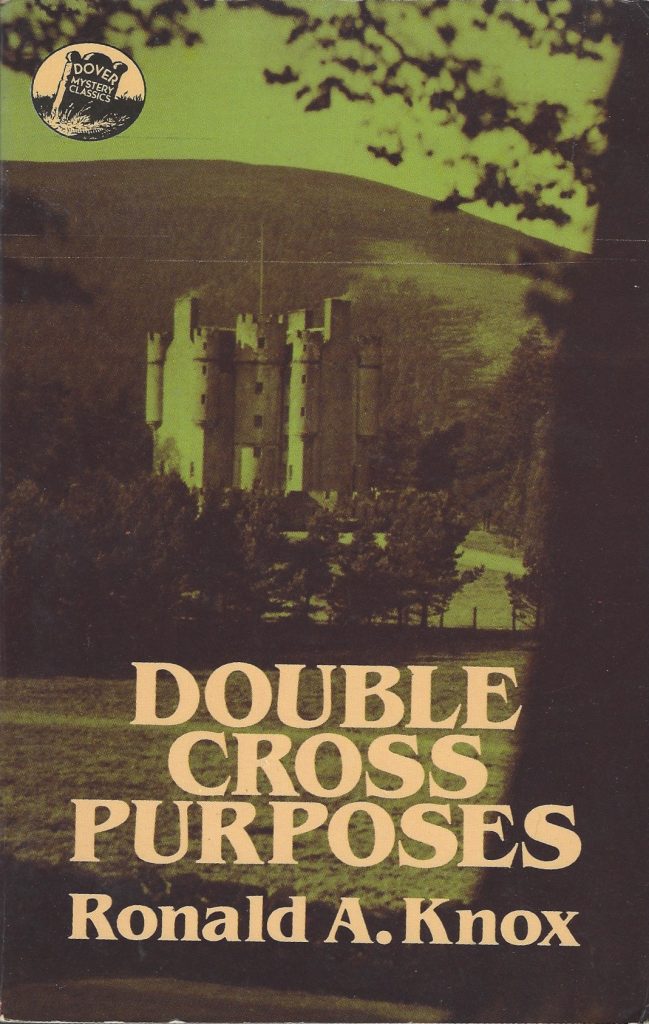NOTE: Due to recently (5 July 2018) discovered errors in underlying data, some statements in this post are incorrect. The original post is preserved, with new corrected information presented in monospace font. More information can be found in this blog post.
This morning (Actually I reached the noted milestone six days earlier, on June 21.) I finished my 200th book 1) according to my database of books and 2) my record of reading entered in said database since June 17, 2015. The book read after the milestone volume was the sometimes tiresome, sometimes precious English mystery Double Cross Purposes by Ronald A. Knox, written in 1937.
Actual 200th work read was <The 2nd Scientific American Book Of Mathematical Puzzles and Diversions by Martin Gardner. This collection of columns runs the gamut from tangrams to flexagons, from Soma Cubes to the Golden Ratio. It’s okay, though I’d start a new Gardner collection with a different volume (ask me for suggestions).
Completing this puzzler (Still a valid description, hee-haw.) means that I have finally read one hundred more books (excluding comics and graphic novels) since I completed 100 books read on October 11, 2016. This means one year and eight-and-a-half months passed between reading Whose Body? (another British mystery from the so-called ‘Golden Age’) by Dorothy Sayers and Monsignor Knox’s overwrought novel. This means that an average of 6.24 6.17 days were spent reading each volume in my latest 100 books, a significant increase from the 4.83 days needed for each in the first 100.
1 Book per
6.24 Days
I shall return with more detailed analysis, but I do not want to leave you with the impression that the Knox mystery is somehow unworthy of your attention. Among other things, it provided several previously unknown words for my vocabulary, including “antigropelos” and the fact that “umbrageous” primarily means providing shade. I also (now) learn that Knox created a radio hoax broadcast in 1926 of a revolution sweeping London which inspired Orson Welles, so there’s that as well.


Leave a comment